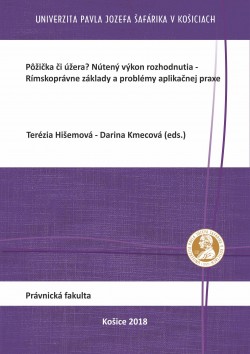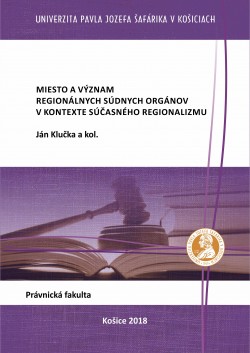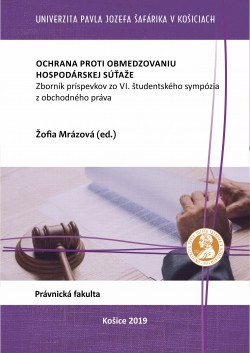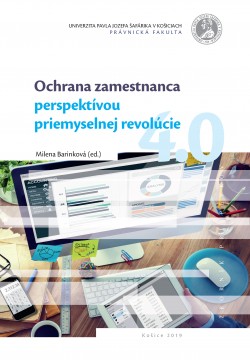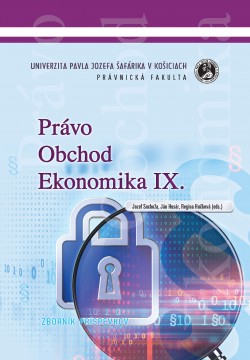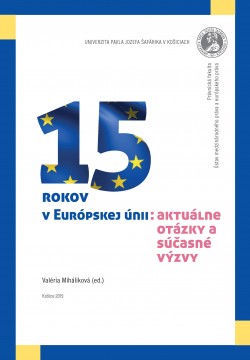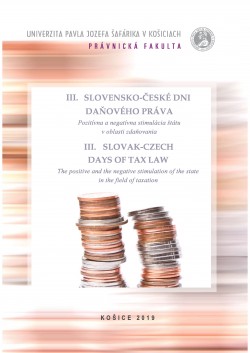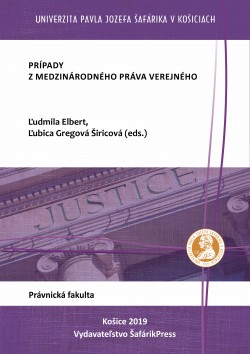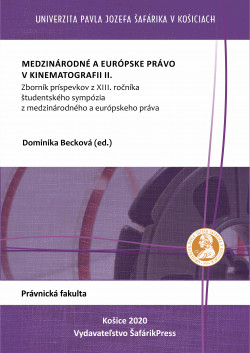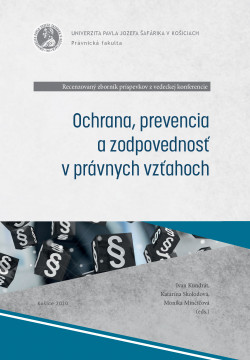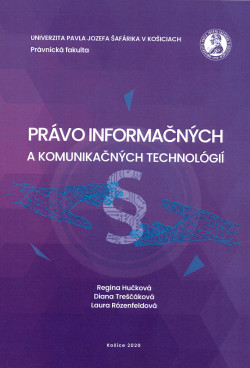No products
Product successfully added to your shopping cart
There are 0 items in your cart. There is 1 item in your cart.
The H(andb)ook of Legal Feminism: The Concept, Nature, Features, Development and Forms of Legal Feminism
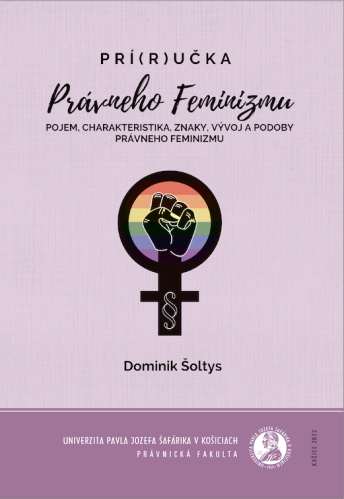
Data sheet
| Author: | Dominik Šoltys |
| Science editor: | prof. JUDr. Alexander Bröstl, CSc. |
| Available from: | 26.01.2023 |
| Edition: | 1st edition |
| Document type: | Monograph |
| Publication language: | Slovak |
| Number of pages: | 533 |
| Faculty: | Faculty of Law |
| DOI: | https://doi.org/10.33542/PFF-0184-1 |
| Licencia: | Creative Commons BY NC ND (Uveďte autora - Nepoužívajte komerčne - Nespracovávajte) |
More info
The scientific monograph The H(andb)ook of Legal Feminism: The Concept, Nature, Features, Development and Forms of Legal Feminism presents for the first time the issue of legal feminism in Slovak jurisprudence in such a comprehensive way. Author analyzes legal feminism as a distinctive movement of legal philosophy and legal theory. He places legal feminism in the broader framework of general feminism. The internal ideological and developmental diversity of legal feminism brings the author´s examinations before the effort to systematize according to ideological and theoretical similarities or differences with emphasize to the development of feminism in different waves. In this regarding, author presents various forms of feminism and legal feminism, including their most important representatives. The increased view of the monograph deals with contemporary Anglo-American feminism since the end of the 1960s till the present, i.e., the period from which legal feminism emerged as a conceptual and critical movement of legal thinking. Author analyzes the critical view of legal feminism on law and current legal policy. He specifies abstract and basic theoretical features of the feminist jurisprudence. In this regard, the author pays attention to important concepts, categories, ideological assumptions, or methodological and methodological frame of feminist legal science. In addition to providing a comprehensive overview of the development of diverse forms of legal feminism the monograph also focuses on the normative side of feminist theory of law, which challenges the modern jurisprudence in elimination of gender and gender as legally relevant criteria.





